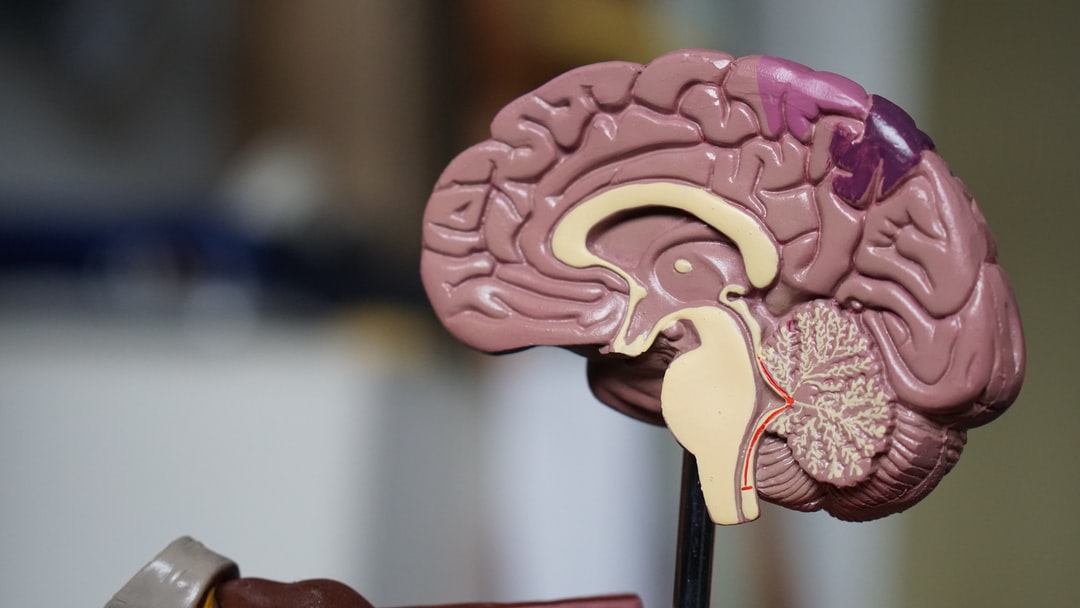The human brain, a magnificent and intricate organ, affects every aspect of our lives. When a person sustains a traumatic brain injury, the repercussions can be profound and long-lasting, potentially leading to issues such as mental illness and substance misuse.
Understanding CTE, TBI, and Other Forms of Brain Injury
Chronic traumatic encephalopathy (CTE) and traumatic brain injury (TBI) are two types of brain injuries with potentially severe consequences.
TBI is a disruption in normal brain function resulting from a bump, blow, or jolt to the head, or from a penetrating head injury. While not all hits to the head result in TBI, severe incidents can lead to anything from a brief change in mental status to an extended period of unconsciousness or amnesia.
CTE, on the other hand, is a progressive brain condition associated with repeated blows to the head, often seen in athletes involved in contact sports and military personnel. Symptoms of CTE, which may not appear until years after the injuries, can include issues with thinking and memory, personality changes, and behavioral changes including increased aggression and depression.
Head Injury Effects Years Later
The aftermath of a brain injury can be as diverse as the injuries themselves. Some individuals may fully recover with time, while others may face long-term or even lifelong complications. These may include cognitive issues such as memory loss or reduced problem-solving ability and physical impairments like difficulty with coordination or balance.
Perhaps less discussed but no less significant are the potential emotional and psychological consequences of brain injury. These can include mood swings, depression, anxiety, and, in some cases, a propensity toward substance misuse and mental illness.
The Connection Between Brain Injury, Addiction, and Mental Illness
Several studies suggest a connection between brain injury and the development of mental health disorders and substance use disorders. Brain injuries can alter the brain’s structure and function, potentially heightening an individual’s susceptibility to mental health issues and addiction.
This connection may be due to the fact that people with brain injuries often face chronic pain, difficulty sleeping, and emotional distress, all of which can increase the risk of self-medication with alcohol or drugs. Furthermore, brain injuries can impact areas of the brain associated with impulse control, making it harder for individuals to resist the urge to use substances.
Treatment for TBI-Induced Substance Use Disorder
Pine Grove Behavioral Health & Addiction Services understands the complex relationship between brain injury, mental illness, and substance misuse. With our multifaceted, evidence-based approach, we aim to address the roots of these issues and support individuals on their journey to recovery.
Our team of experienced clinicians provides personalized treatment plans that consider the unique needs of each individual, especially those with complications from brain injuries. Services include detoxification, cognitive behavioral therapy, dialectical behavioral therapy, group therapy, and motivational interviewing, among others.
Understanding that brain injuries can exacerbate mental health conditions and substance misuse, we aim to treat these conditions concurrently, offering a unique dual diagnosis treatment approach. This integrated strategy helps us address both the substance use disorder and the co-occurring mental health condition, improving the chances of a successful, sustained recovery.
Additionally, being an extension of Forrest General Hospital allows us to leverage a broader set of resources, delivering comprehensive care that goes beyond what many other standalone centers can offer.
If you or a loved one is struggling with addiction or mental health issues stemming from a brain injury, it’s crucial to know that help is available. No one should have to navigate these waters alone. Our dedicated admissions team is ready to provide the information and support needed to take the necessary steps toward recovery. Contact us today to learn more.

